By Milad Abdi, citizen journalist and former fellow inmate of Dawood Razavi
A year ago, on September 27, 2022, Iranian security forces apprehended Dawood Razavi, a member of the board of directors of the Syndicate of Workers of Tehran and Suburbs Bus Company, and subsequently incarcerated him in Evin Prison.
Milad Abdi, a student incarcerated with Razavi, wrote his thoughts about the unjust imprisonment of the trade union activist.
***
A court presided over by Judge Abolqasem Salavati sentenced Dawood Razavi to five years in prison and banned him from engaging in online activities and political groups for a period of two years.
I've known him since he became our ward's head. At that time, I managed the prison library and worked in the service department and was responsible for distributing food and maintaining the prison's common areas, including cleaning the halls and toilets.
Razavi significantly contributed to improving the prison's conditions and he took on the role of dividing prisoners and fostering cooperation between the prison's wards.
Some nights, I would visit his cell and we would engage in conversations. Most of us, the incarcerated students, maintained a reserved demeanor and worked in the service sector. Razavi played a crucial role in coordinating and supporting us in changing this situation.
For instance, when it was time for meetings, he was more concerned about ensuring that political prisoners attended the gatherings than we did. He would actively seek us out, even if we were sleeping or were in the yard.
Razavi remained with us even during our liberation. As we bid our farewells, he uttered a poignant request: "Don't forget us; remember us."
Now, a year has passed since Razavi's incarceration, and in an effort to prevent the plight of political prisoners from fading into obscurity, I am revisiting his case.
It was on September 27 last year that he informed his family in a phone call about his imprisonment in Ward 209 of Evin Prison.
Security agents apprehended him after forcefully entering his residence. Earlier, in May 2022, on the eve of International Workers' Day, security agents broke into his house and conducted a violent search. They seized his and his daughter's personal belongings, although Razavi was not present.
He endured 21 days of solitary confinement in Ward 209 of Evin Prison before being transferred to the facility’s Ward 240. Then, on December 18, without prior notice, this incarcerated labor union activist was relocated to Ward 6 of Greater Tehran prison.
Throughout this entire period, Razavi remained in temporary detention.
The Revolutionary Court’s Judge Salavati prosecuted Razavi’s case on April 19, after a five-month delay, on the charge of "conspiracy against national security."
On April 20, he was moved from Fashafoyeh to Ward 6 of Evin Prison, where he continues to serve his prison term. I am confident that he is still providing assistance to fellow political prisoners.
On June 7, he received a five-year prison sentence and a two-year ban from activities in cyberspace and political groups and parties.
On July 2, this sentence was upheld by the 36th Branch of the Court of Appeal.
Over this year, Razavi has grappled with physical health issues stemming from his time in solitary confinement and prison, including stomach bleeding and digestive problems that necessitated hospitalization.
Furthermore, he has battled arthritis and knee pain while in prison and received a physiotherapy prescription from the prison doctor. Diminished vision is another challenge that prison has imposed on his well-being.
Razavi, a political prisoner and labor union activist, was a staunch advocate of workers' rights and demands. Nevertheless, he remains incarcerated with an unjust sentence and faces severe physical challenges.
visit the accountability section
In this section of Iran Wire, you can contact the officials and launch your campaign for various problems










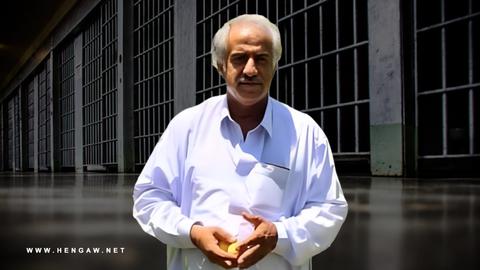

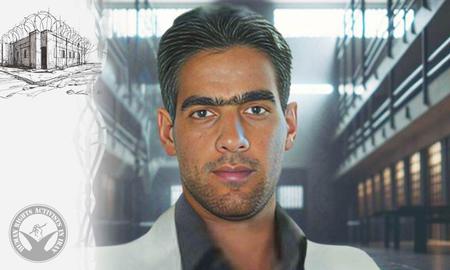


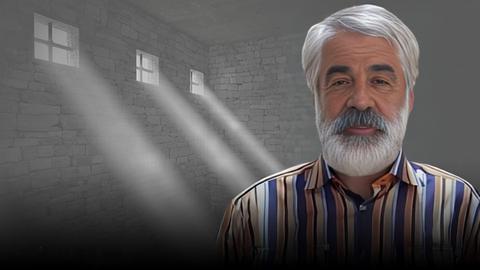

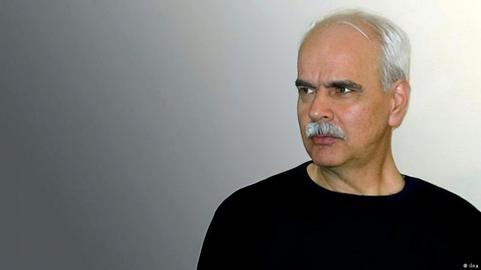



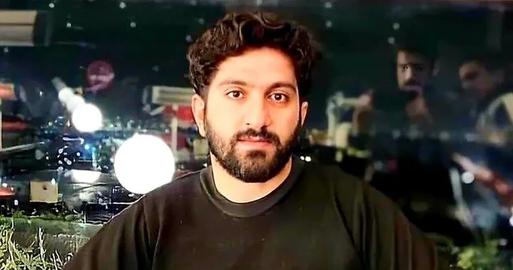




comments